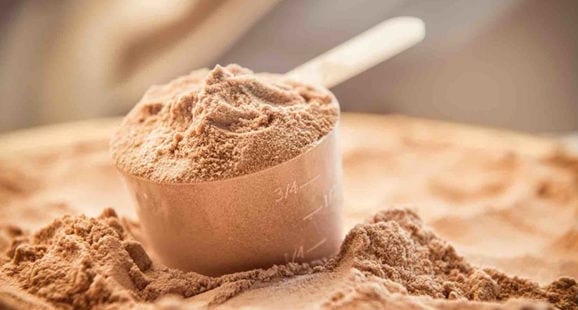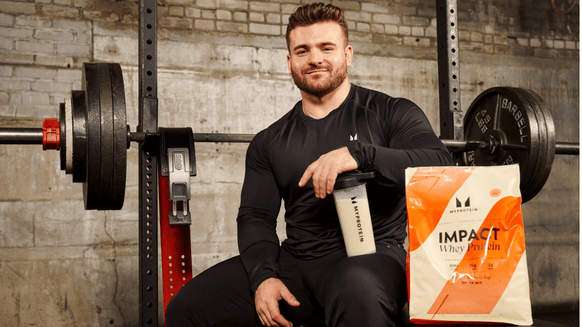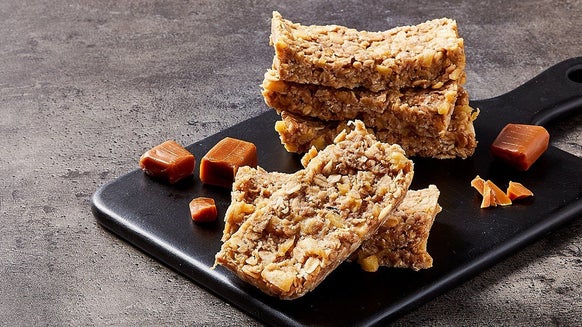
When it comes to having a protein-rich diet, it is considered best to obtain as much of your daily protein intake from whole, natural foods such as lean meats and vegetables. However, we all know how hard it can be to eat so much food and consume the amount of protein and nutrients we need on a daily basis in order to grow sufficiently. When it comes to consuming protein shakes, we have many different options. Two of the most popular protein sources are Whey protein and Soy protein. So how is soy protein vs whey?
Whey Protein
Whey protein products have always been seen in the last 50 years or so as the perfect protein supplement one should take. When it comes down to other types of protein, Whey surpasses all of them when it comes to building muscle due to its rich amount of amino acids that also aid in the strengthening of bones and the immune system.
The other advantage of whey that makes it superior to almost every other protein source is its fast absorption rate in the body after consumption. When we consume whey protein, not only is it digested and absorbed more easily than other protein sources, but we also digest and absorb almost 100% of the whey protein we consume. This is why Whey protein has become the ultimate muscle building post workout protein shake over the last 50 years.
So what other options of protein do we have that compares to whey protein? Although nothing else can compete with whey on the exact same scale, the next best and closest protein alternative or supplement is Soy Protein.

Soy Protein
Although there’s plenty of scepticism regarding soy protein, it has proven to be considered as a great protein alternative to anyone who wishes to use it due to body issues or preference. One advantage of Soy protein is its ability when digested in promoting protein muscle synthesis at a higher rate compared to Whey while also showing an increase in lean muscle mass for users the same as Whey does.
Soy protein is also the only plant-based protein available that has been proven to show an increase in lean muscle tissue at a similar level compared to all other non-dairy or whey proteins. Although many people are sceptical about soy because of its high carbohydrate content and the fact it contains high amounts of oil, it’s important to remember that half of the carbohydrates present in soy are plant-based or fibrous which means these are healthy and essential carbs. The fats in soy are also from plant oil, and of these fats, almost 100% of it all is unsaturated and rich in amino acids.
Just like whey, soy protein comes in different forms. You can get soy protein supplements in concentrate, isolate or textured powder form, with my recommendation of which to take being Soy Protein Isolate. This is because Isolate is as pure of a protein form as we can get. In isolate, almost all of the fats and carbs are removed and filtered out which results in an almost 100% pure protein supplement. In most cases, 10% or less of the supplement is made up of other non-protein sources, such as fats and carbs.
Which Is Superior?
So which is superior? In reality, they both offer substantial results. Both have significantly high absorption rates and both will offer a great increase in lean muscle tissue or lean body mass when consumed regularly post workout. When compared to one another, Soy protein offers the same results as whey protein offers but provides the consumers with a plant-based or vegan alternative to the standard whey isolate proteins.
Soy protein is also seen to show the highest amount of absorption in amino acids after consumption and is the only protein supplement that is a complete amino acid, while Whey protein is rich in most amino acids, Soy contains all of the essential amino acids. Soy protein also offers the health benefits soybeans provide such as lowering LDL (low-density lipoprotein) and keeping HDL (high-density lipoprotein) stable.
Soy also provides aid to bone strength in most cases as well. And the greatest single advantage Soy protein offers over almost all whey protein products is the cost difference. Soy protein products tend to be much cheaper in comparison to whey protein supplements. If you cannot consume dairy or are on a vegan or plant-based diet, soy protein is without a doubt the best choice for you. However, if you are not a vegan and are not lactose intolerant, the choice is up to you, although many people will still prefer and recommend Whey. However, at this point its simply down to your preference.
Take Home Message
Soy protein provides the perfect alternative for any vegetarian, vegan or lactose intolerant, looking for a convenient post-workout shake. For most people Whey protein will always be the go-to post-workout protein source and for very good reason. Essentially the choice is up to you.










